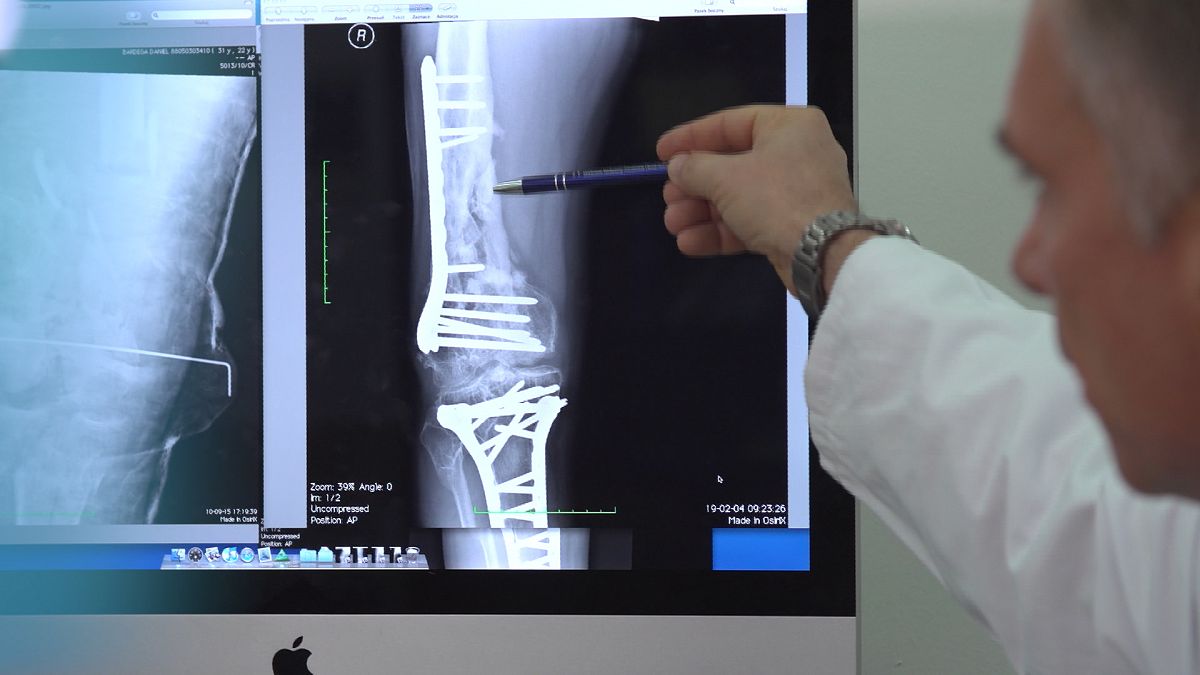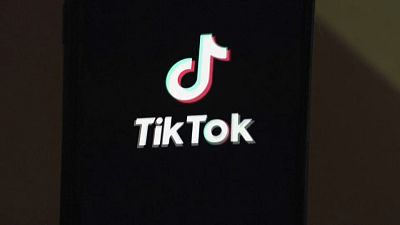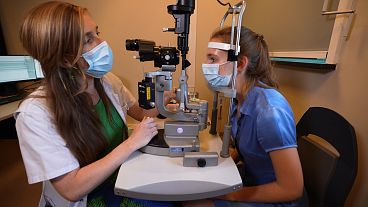Digitalisation and data sharing are set to empower European healthcare systems and the medical sector. Smart Health examines how this e-revolution is enabling healthcare companies to improve their products and offer better services.
Digitalisation and data sharing are set to empower European healthcare systems and the medical sector. Smart Health examines how this e-revolution is enabling healthcare companies to improve their products and offer better services.
Harnessing data
Huge amounts of medical data are generated across Europe every day. But much of this information isn’t maximised to its full potential. The European Health Data Space (EHDS), launched in May this year by the European Commission, seeks to change that, by making health data more accessible to both patients and medical professionals both at home and abroad. It also seeks to create the right environment to safely use this information in order to boost research and innovation.
Different types of data
Data related to healthcare (such as a doctor's consultation) is known as primary use.
Secondary use refers to information that is processed, under strict security and confidentiality conditions, for instance in policy-making or the improvement of healthcare products.
Health Level Seven is a set of international standards used to provide guidance when transferring and sharing data between various healthcare providers (the HL7 standards were created by Health Level Seven International, a non-profit organisation supported by more than 1600 members from over 50 countries, including healthcare providers, government stakeholders, pharmaceutical companies, etc.
Sharing medical data is seen as one of the best ways to foster growth in the digital health sector, as it should overcome the current fragmentation of health standards in Europe.
In Greece, organisations like the Integrating the Healthcare Enterprise (IHE) say common specifications will promote business opportunities.
"In the European market, the e-health sector and companies face various obstacles. Indeed, the e-Health sector constitutes a fragmented market and this is to the detriment of European citizens, unlike what happens in the United States and Asia," said Alexander Berler, Strategic Business Development Director, IHE Catalyst AISBL
Currently worth around 40 billion euros, the European digital healthcare market is on course to keep growing.
Companies like Gnomon Informatics – a digital health product specialist. The company's product development manager, Korina Papadopoulou, says the coordinated exchange of data would create a Europe-wide market, benefiting both patients and business.
“Modeling medical data is vital for European citizens, as well as for the rest of the world. A patient can have all their medical data and medical reports on one device. In this way, they can have the data with them when travelling through different countries and they can share that in any clinic and with any doctor they want.”
Improving interoperability between healthcare providers across Europe should also reduce duplication, for instance when it comes to medical tests. That should have a positive effect both on healthcare costs and patient follow-up according to Gnomon Informatics CEO, Kostis Kaggelidis.
“In terms of the architecture, the use of a European Data Space is the right approach for e-health systems. It gives direction, enabling Europe to create an electronic health industry and quality services"
Digital healthcare systems
- Linking medical and digital ecosystems relies on interoperability, allowing IT systems to read, use, and exchange data.
- a semantic data model will be key to bridging the terminology gap between various healthcare software systems.
- The next step will be to agree on sentence structure - with regard to how the information is received.
Once fully implemented, the European Health Data Space should open up Europe's health market and enable small and medium firms to work with each other to develop innovative new products.



